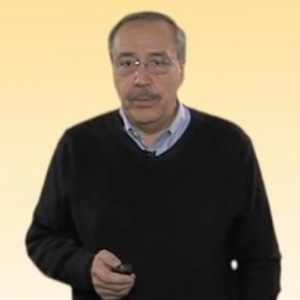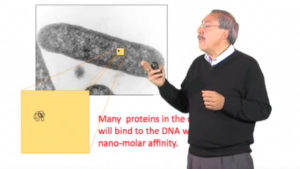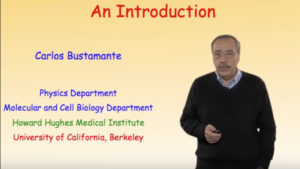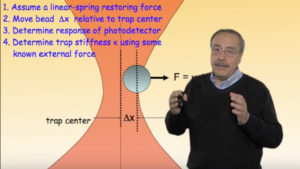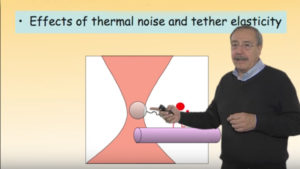Dr. Bustamante received his B.S. in biology from Cayetano Heredia Universtiy in Lima, Peru, and his M.S. in biochemistry from San Marcos University, also in Lima. He then moved to the University of California, Berkeley where here completed his Ph.D. in biophysics.
Currently, Dr. Bustamante is a Howard Hughes Medical Institute Investigator and a Professor of Molecular and Cell Biology, Physics, and Chemistry at UC Berkeley. His lab uses novel methods to visualize and manipulate single molecules of DNA, RNA and protein to better understand how just a few molecules can carry out complex processes within a cell.
